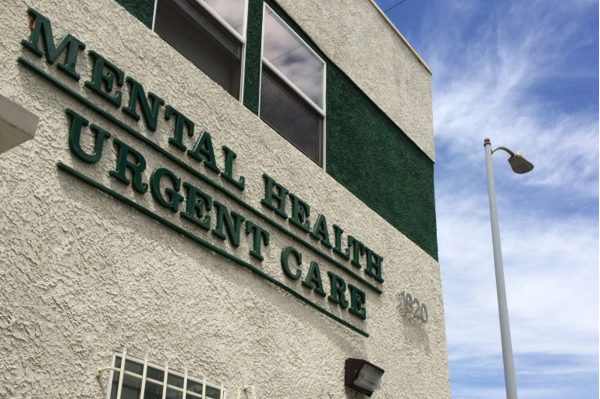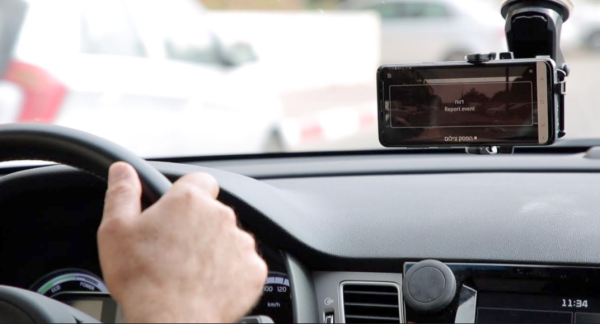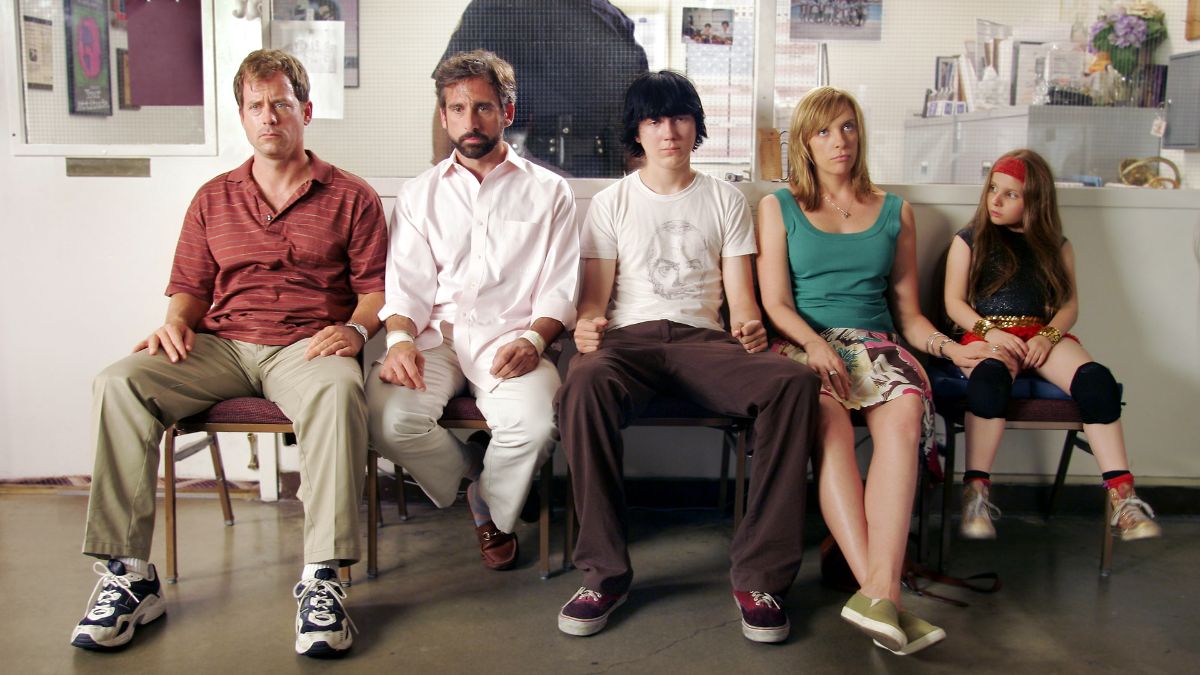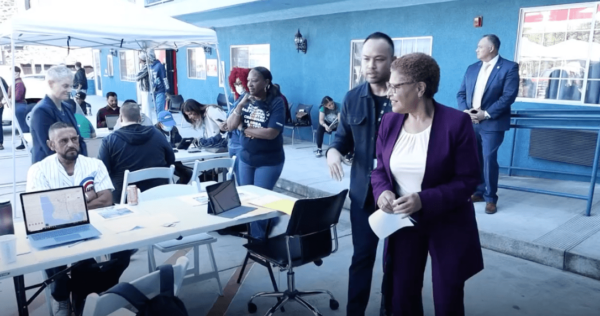A voter initiative on Tuesday’s primary election ballot that calls for a revamp of the California mental health care system was still too close to call Friday amid ongoing vote-tallying.
Proposition 1 is a two-pronged measure that has the support of Gov. Gavin Newsom and a number of Southern California officials, including Los Angeles Mayor Karen Bass and LA County Supervisors Hilda Solis and Janice Hahn. Proponents of the proposition claim it will drastically increase treatment beds and supportive housing, but opponents say it will lead to funding cuts for existing programs that have proven to be successful.
Friday morning’s vote tally signaled a nearly even split. Yes votes for Proposition 1 totaled 2,182,664, or 50.4%, compared with 49.6%, or 2,152,019 no votes, according to the California secretary of state.
If a majority of California voters approve the proposition, it would create 11,150 behavioral health treatment beds across the state, along with housing and 26,700 outpatient treatment slots, according to the governor’s office. About $1 billion of the bond measure would go specifically to services for veterans.
The proposed law funds the delivery of those services by issuing $6.38 billion in bonds, and also through a reallocating funds provided by the 2004 voter-enacted Mental Health Services Act, which levied a 1% income tax on people earning more than $1 million per year. Funds from that measure mainly go to counties to finance mental health programs, but Proposition 1 aims to cede control over a lot of that funding to the state.
Newsom framed Proposition 1 as a step toward the fulfillment of 50-year-old calls for a statewide mental health care system that never materialized.
“We can make history,” Newsom said earlier this year during a Los Angeles event to begin the campaign in support of the ballot measure. “We can’t make up the last 50-60 years, but we can finally fulfill that vision that was set forth a half-century ago. This initiative, Proposition 1, promotes a number of things. It does not, however, promote the following — and that’s the status quo. If you’re for the status quo, vote no on Proposition 1.”
Bass contended that in addition to righting years of governmental failure to address the state’s mental health crisis, Proposition 1 would also help alleviate rampant statewide problems surrounding the homelessness crisis.
“Think of how much money would be saved when Proposition 1 is passed and there’s actually facilities for folks, we get people off the streets,” Bass said. “We know that addiction and mental illness is a contributing factor to homelessness.”
The mayor added that homelessness and mental health issues are undeniably connected, and therefore the two social issues are inseparable.
“It is not enough to get a bed for a person,” Bass said. “We can get people off the street, we have demonstrated that people are willing to come off the street. But you have to address why they were unhoused to begin with. And you have to have a comprehensive approach, and Proposition 1 is a step forward in that direction.”
The group Californians Against Proposition 1 attacked the measure for being “huge, expensive and destructive.” Opponents claimed it would result in more than a $9 billion expense born taxpayers over the life of the bonds, while ordering officials to redirect $30 billion in existing mental health services funds during the law’s first decade after enactment.
The result of that would be “cutting existing mental health services that are working,” according to opponents.
“Prop. 1 breaks promises made by the voters when they first passed the Mental Health Services Act,” according to the opposition group. “The idea then was to create permanent, dedicated funding for long-neglected mental health services, including prevention, early intervention, programs for youth, programs for struggling and under-served populations, including racially and ethnically diverse groups and LGBTQ people. The MHSA is a proven model, offering ‘anything it takes’ to help individuals who need a range of services.”
Propopsition 1 would significantly reduce MHSA funding “and take a hatchet to dozens of programs across the state that cannot survive without MHSA funding,” opponents claimed. “It orders counties to do more with less.”
The secretary of state’s office has until April 12 to complete vote counting and certify election results.
City News Service contributed to this report.







